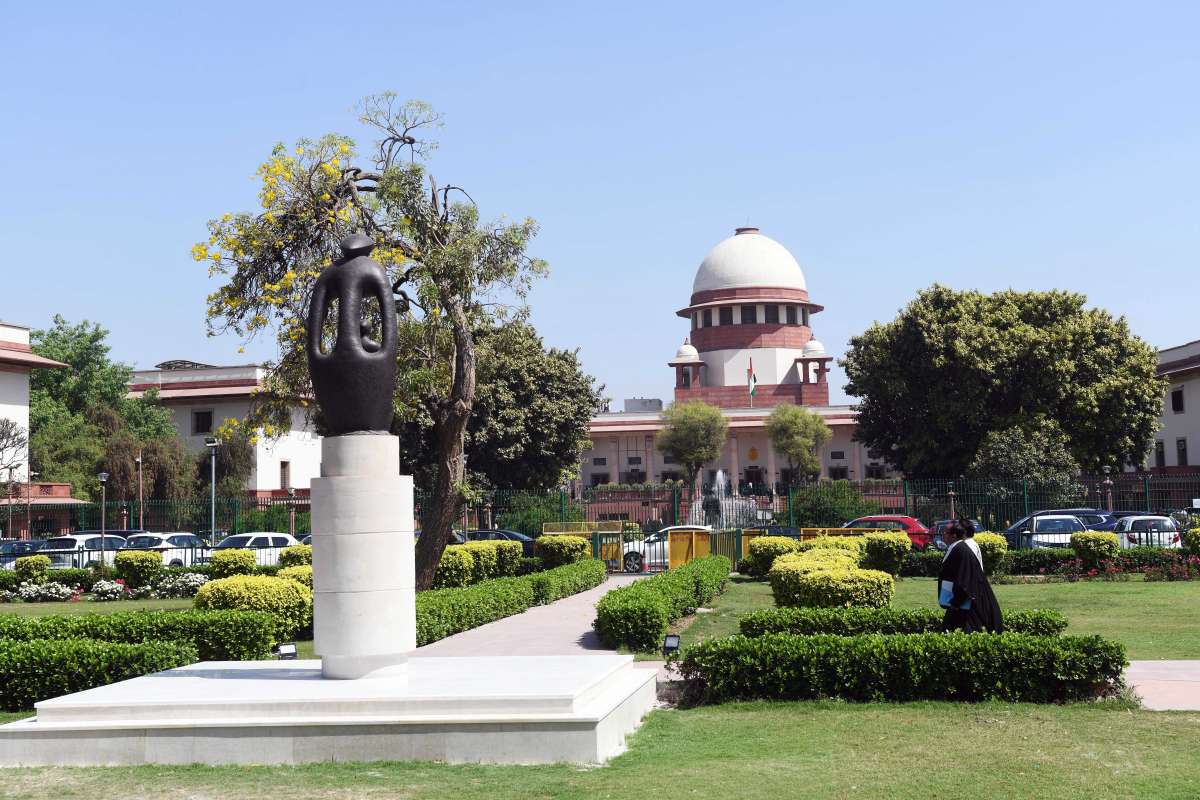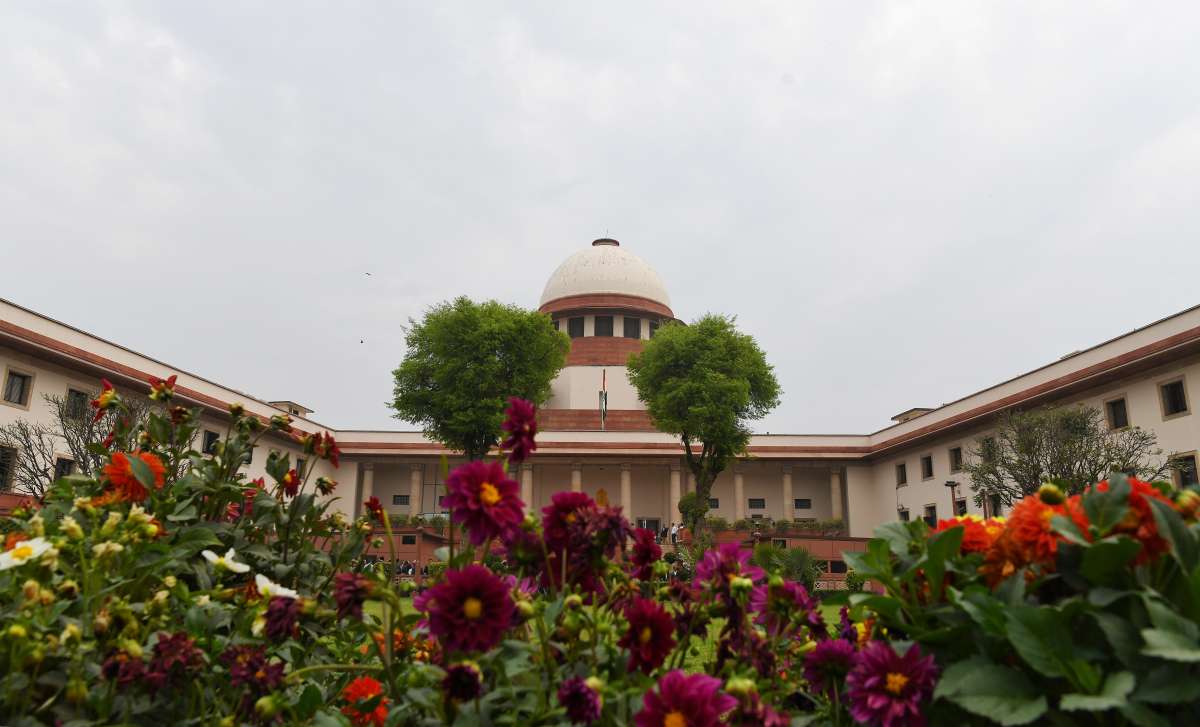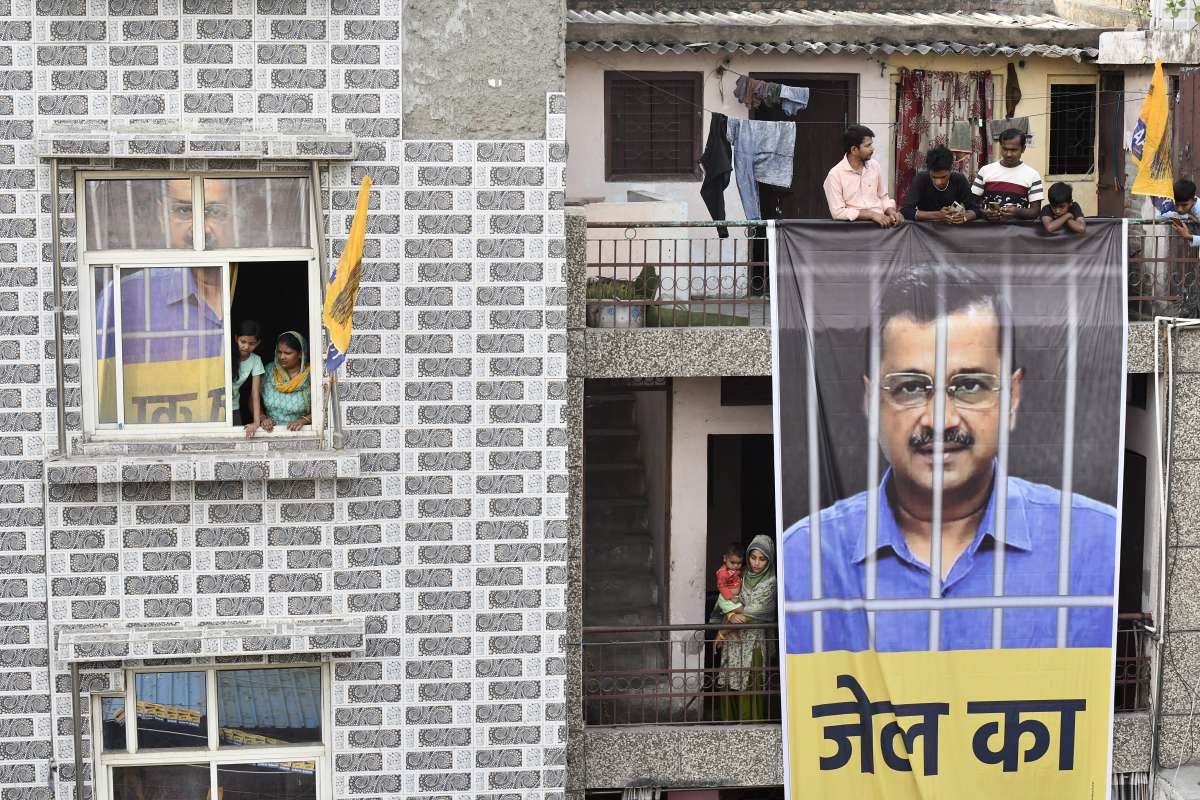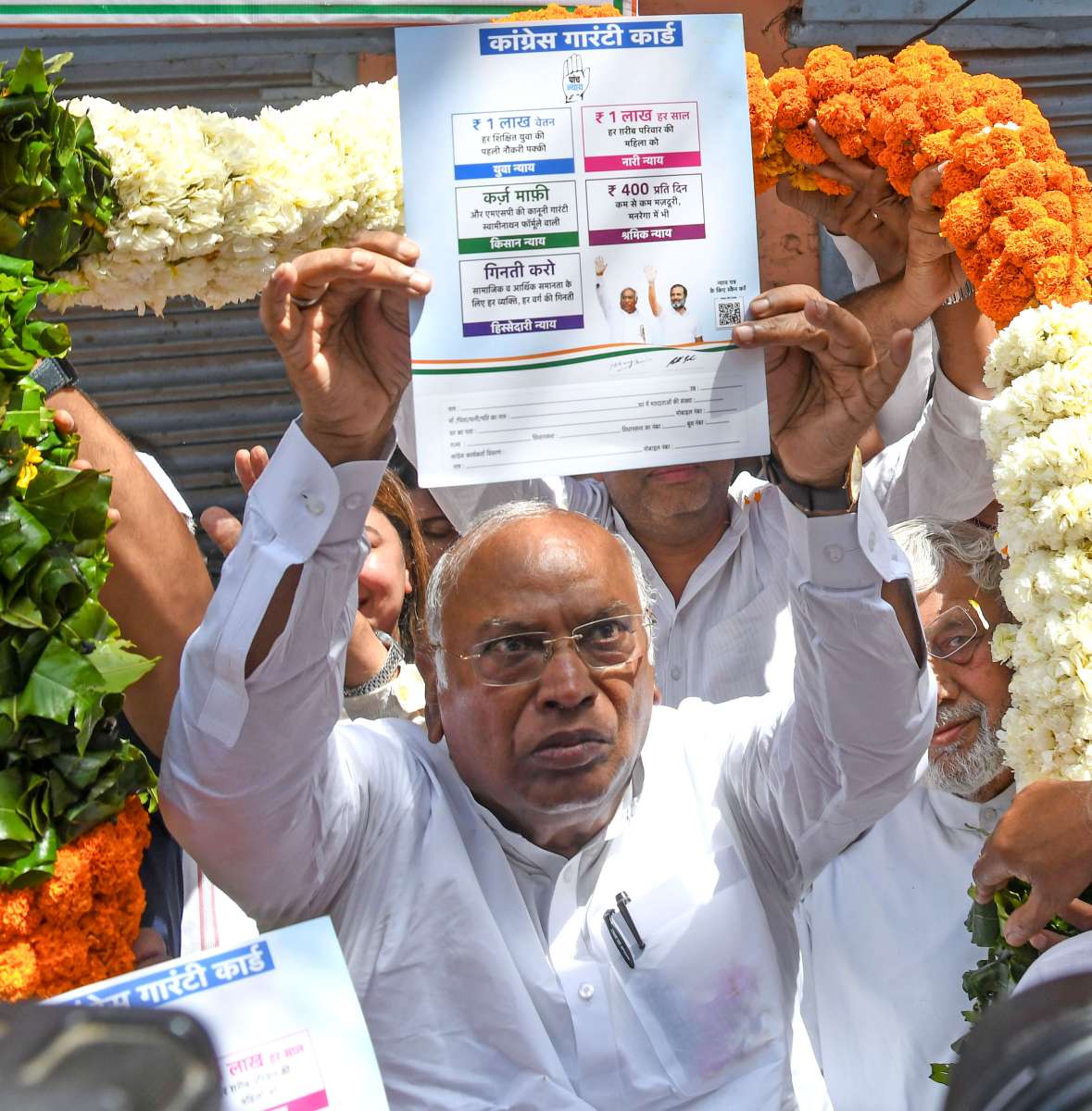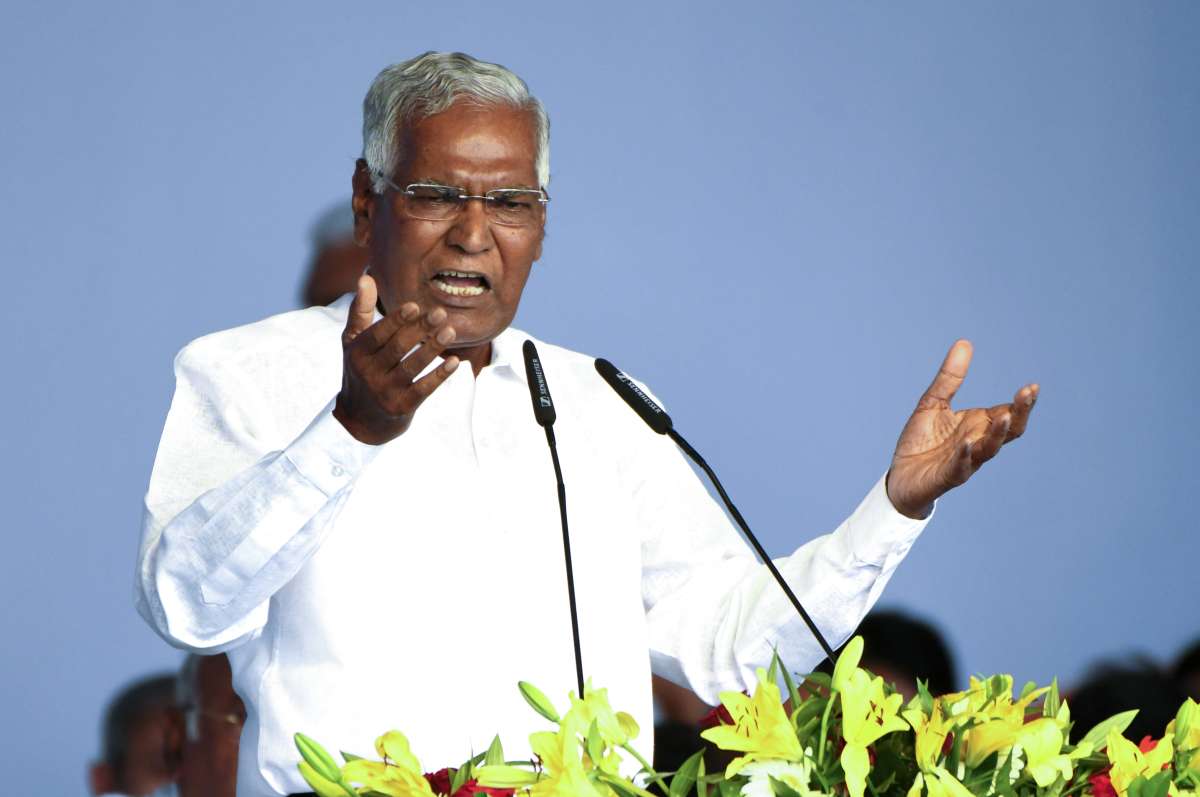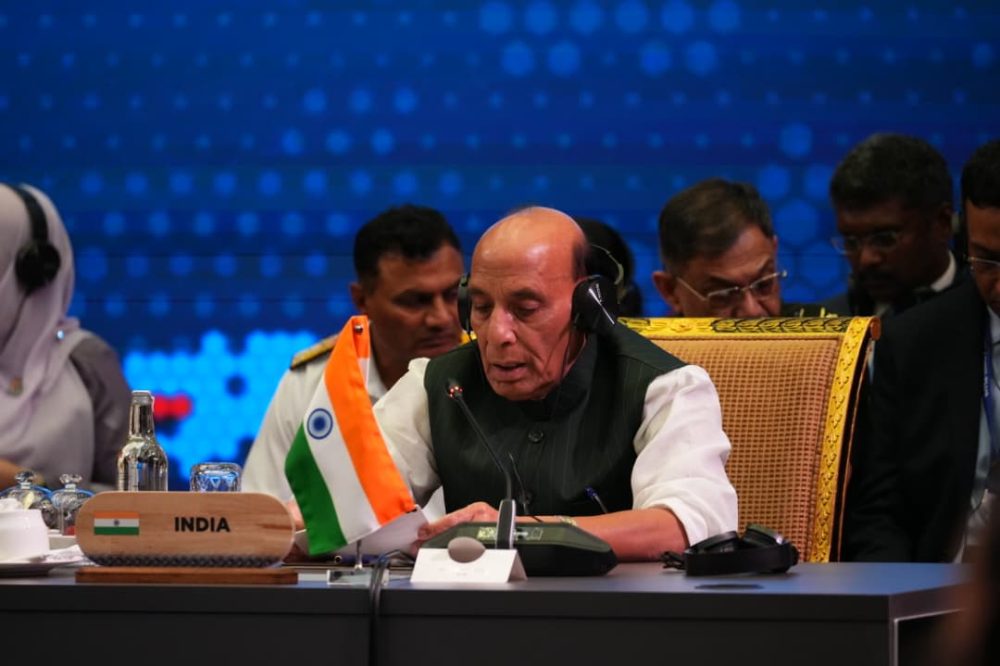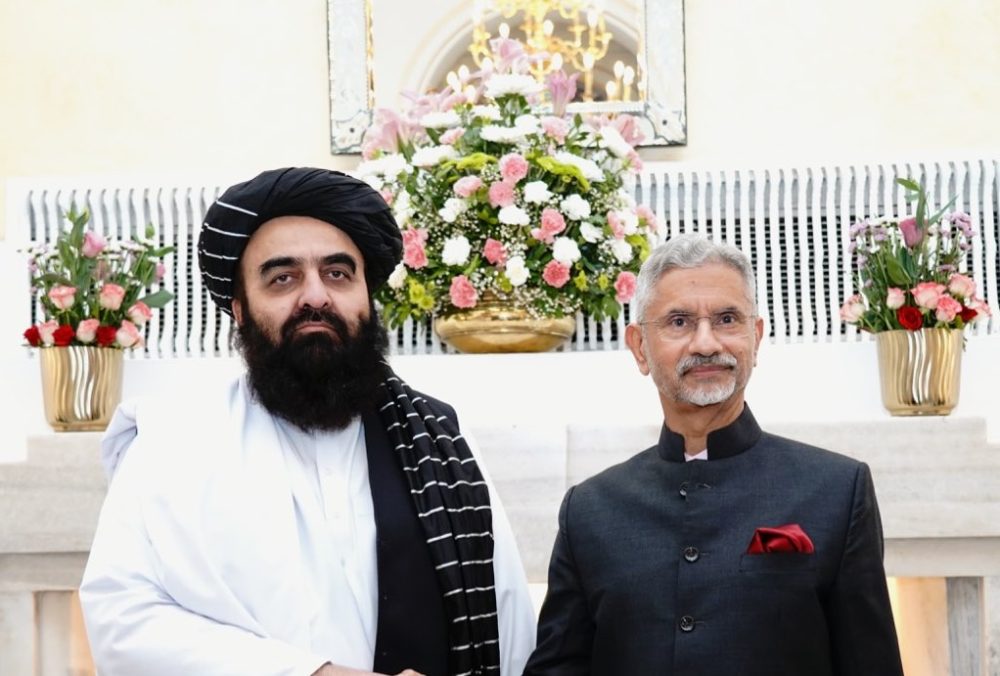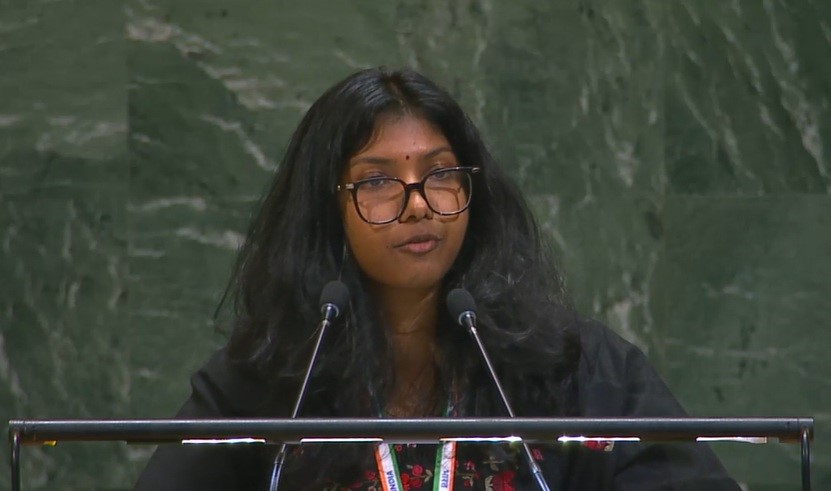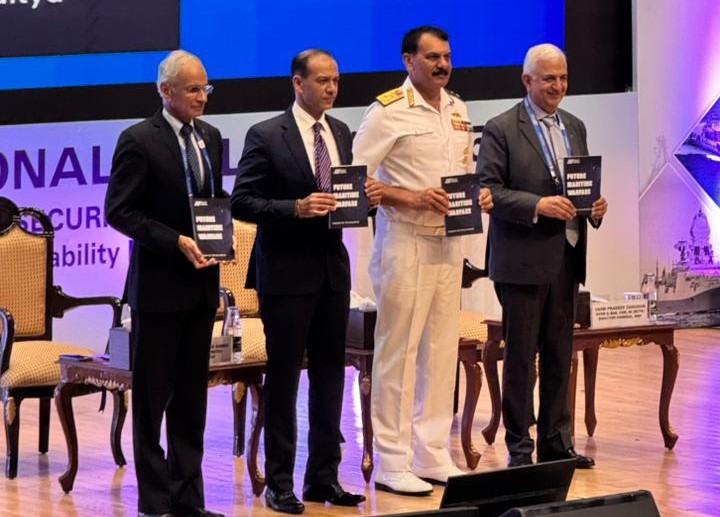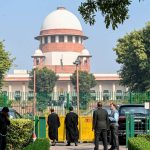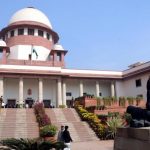Justice Khanna, who was sitting in a special bench along with Justice MM Sundresh and Bela M Trivedi, said the court is aware of the situation and would hear the matter next week…reports Asian Lite News
The Supreme Court on Wednesday said it would hear next week a plea seeking cross-verification by the voters of votes cast by them as “counted as recorded” in the Electronic Voting Machines (EVMs) with Voter Verifiable Paper Audit Trail (VVPAT).
A bench headed by Justices Sanjiv Khanna said this after advocate Prashant Bhushan, appearing for the NGO Association of Democratic Reforms pleaded that the matter should be heard urgently in view of upcoming elections.
If the case is not heard, the plea would become infructuous, the bench was told.
Justice Khanna, who was sitting in a special bench along with Justice MM Sundresh and Bela M Trivedi, said the court is aware of the situation and would hear the matter next week.
The seven-phase Lok Sabha polls will begin on April 19.
In July last year, the apex court asked the Election Commission of India to respond to the plea.
The NGO had sought direction from the Election Commission and the Centre to ensure the voters are able to verify through VVPATs that their vote has been “counted as recorded”.
Declare unconstitutional the Conduct of Election Rules, 1961 and the practice and procedure of the Election Commission of India (ECI) to the extent that they violate the fundamental right of the voters to verify through VVPATs that their vote has been “recorded as cast” and “counted as recorded”, the plea said.
The requirement of the voters verifying that their votes have been “recorded as cast” is somewhat met when the VVPAT slip is displayed for about seven seconds after pressing the button on the EVM through a transparent window for the voters to verify that their vote has been recorded on the internally printed VVPAT slip before the slip falls into the ‘ballot box’, it stated.
It said there is a complete vacuum in law as the poll panel has provided no procedure for the voter to verify that his or her vote has been ‘counted as recorded’ which is an indispensable part of voter verifiability. (ANI)
‘11 states have more women than men electors’
Eleven states have more women than men electors in 2024, and Kerala accounts for the highest number, according to a report on Wednesday, that showcased the role and participation of women in the upcoming General Elections of 2024.
The four-part series report by Quantum Hub, a New Delhi-based public policy research and consulting firm, showed that Kerala has 51 per cent more women than men electors, followed by Goa, Mizoram, Manipur, and Tamil Nadu.
Conversely, states like Haryana, Uttar Pradesh, Punjab, Bihar, and Uttarakhand have the lowest share of women electors.
Moreover, the 2024 elections also have the highest share of women electors — 48.6 per cent — in the last two decades. Uttar Pradesh, West Bengal, and Bihar have the most number of new women electors since 2019.
“Women as an electorate have become more important than ever. This is also reflected in pre-poll promises by all regional and national parties,” said Aparajita Bharti, Founding Partner at TQH Consulting.
“We are trying to spotlight and track the growing significance of the women voter through this series. Political participation and representation is key to continued progress towards women empowerment in the country,” she added.
The report also revealed that the representation of women from service and overseas sectors, such as the Armed Forces and paramilitary, remains notably low at 3.5 per cent and 11 per cent, respectively.
EC hold meeting with all States and UTs
The Election Commission of India on Wednesday convened a crucial meeting with all states and union territories to review and assess the law and order situation, prevention of illicit activities, seizures and strict vigil across inter-state and international borders in the ongoing General Elections to Lok Sabha and State Legislative Assemblies 2024 for a free, fair, peaceful and inducement free elections.
The purpose of the combined review was to bring all concerned stakeholders together on the same platform for a seamless coordination and cooperation amongst officials of the neighbouring states/UTs along with central agencies guarding the borders. The Commission, in detail, reviewed critical issues pertaining to each State/UT.
The meeting chaired by Chief Election Commissioner Rajiv Kumar along with ECs Gyanesh Kumar and Sukhbir Singh Sandhu was attended by top officials from States/UTs and central agencies guarding the borders.
CEC Rajiv Kumar in his opening remarks underscored Commission’s commitment to ensuring free, fair, peaceful, and inducement-free elections, and called upon all stakeholders to work together seamlessly to uphold the integrity of the electoral process and ensure level playing field.
He directed States/UTs to ensure that every voter can exercise their right to vote without fear or intimidation. CEC Shri Kumar called on all States/UTs and agencies to convert their ‘resolve’ into concrete ‘actions’ for a free, fair, peaceful and intimidation-free elections.
ALSO READ-SC grants bail to AAP’s Sanjay Singh


